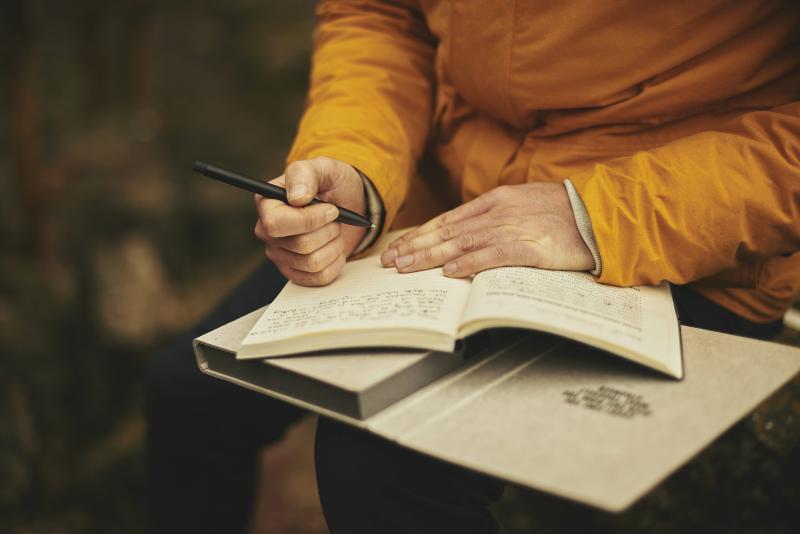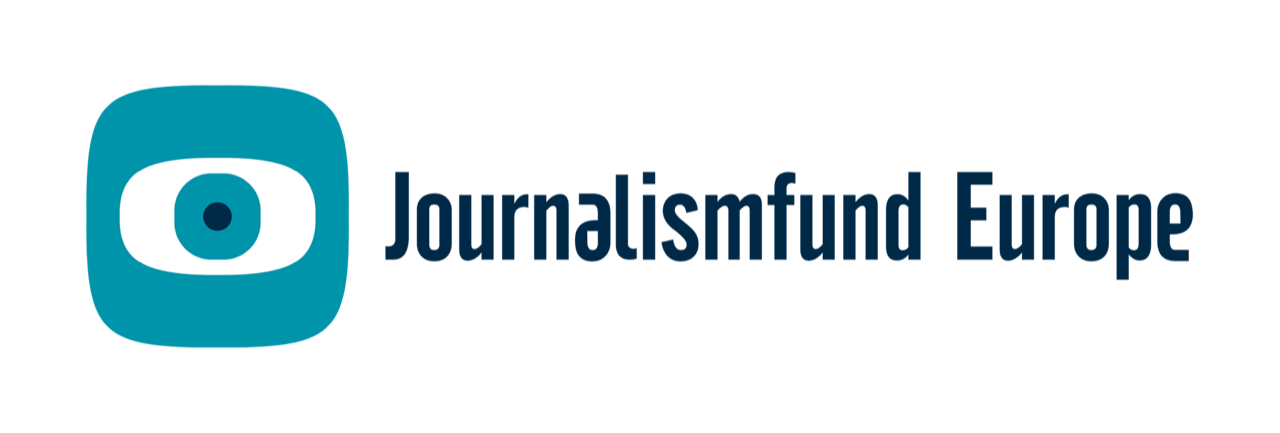Workshop 4, Best journalistic responses to disinformation and conspiracy theories
The purpose of this online meeting is to discuss the best approaches to responding to disinformation and conspiracy theories. In this lesson, we will look at how media or fact-checkers made their communities more resilient to "fake news" using creative and effective methods. In addition to presentations by guest speakers, participants will be encouraged to share their own ideas and examples. This will result in the creation of a database of good practices that will be accessible to a wider community of journalists and other civil society organizations. By the end of the workshop, you will have a more complex idea about proven tools and methods that will upgrade your skills in countering disinformation.
Eligibility
Our workshops are targeted at participants who are from, live, or currently work in the following countries: the EU, Iceland, Norway, Liechtenstein, Albania, Montenegro, North Macedonia, Serbia, Georgia, Ukraine, Bosnia, and Tunisia.
Location
Zoom, OnlineWhen
September 28, 2022Trainers
- Jaroslav Valuch has extensive experience in media literacy, hate speech prevention, countering disinformation, strategic communication, and communication with crisis-affected populations. As a news literacy and fact-checking project manager at Transitions, a Prague-based media development organization, he specializes in projects for older citizens. He coordinates the SCIENCE+ project of Free Press Eastern Europe, which aims to improve medical journalism and respond to medical disinformation. Jaroslav is a member of the Crisis Information Unit at the Czech Ministry of the Interior.
- Journalist Tomas Pika who will share his insights into the backstage of a unique public service radio project "Verification Room".



